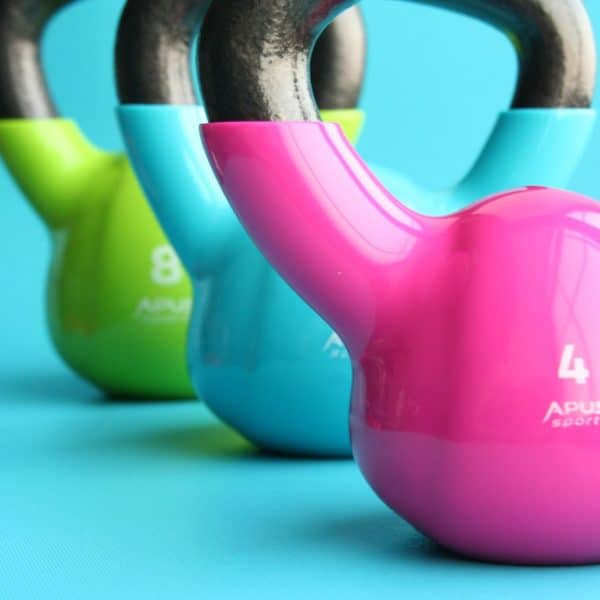Alcohol negatively impacts your body across a wide range of functions, from digestion to your memory. In this article, we’ll delve into how only a few drinks can impact your entire system.
Impact of Alcohol
Digestive Health and Nutrient Absorption
Alcohol’s main effect on digestive health is its inhibitive property to the breakdown of nutrients. For our body to use the foods we consume for energy, nutrients must be broken down into usable molecules by digestive enzymes from the pancreas. Alcohol damages the cells in the stomach lining and intestines, which hinders the delivery of these enzymes. As a result, fewer molecules of usable nutrients make it into the blood. Alcohol also impacts glucose levels, leading to health issues like hyperglycemia, hypoglycemia, and diabetes-related problems. Because of alcohol’s high-calorie content, it is also a leading contributor to obesity and weight-related health issues.
Mental Health and Brain Chemistry
Alcohol consumption is linked to mental health issues, including anxiety, depression, suicidal tendencies, and more.
Although alcohol can help people to feel relaxed, the feeling doesn’t last. For people with a history of anxiety, alcohol dependency can quickly develop as their tolerance increases and the soothing effects lessen.
Depression is often associated with drinking alcohol, but it can be unclear which is the cause and the effect. Regardless, alcohol has been shown to negatively impact the nervous system and slow down brain function. Combining a drinking habit with a mental health condition like depression is sure to increase the severity of both.
You may have also heard of alcohol as being referred to as “liquid courage.” While it is true that alcohol reduces inhibitions, the impulsive actions that are often taken while under the influence can have serious consequences. There is a strong association between heavy alcohol use both in the short and the long term with suicidal thoughts, suicide attempts, and death from suicide.
Can Alcohol Ever Be Good For You?
While not consuming alcohol will always be healthier than consuming it, there are ways to reduce the negative effects of consumption. Studies have shown that certain vitamins and minerals, including B vitamins, vitamin C, magnesium, and zinc, may reduce alcohol’s toxicity. In addition, these vitamins and minerals have neuroprotective and antioxidant effects on the body and brain, which can help to undo some of the damage caused by alcohol.
Healthier Alternatives to Alcohol
You can make lots of swaps for alcoholic drinks that will still allow you to have a great time with your friends and family or unwind at the end of a long day. Tea is known to both invigorate and relax depending on what type you brew, and flavored seltzers and sparkling waters, coffee, juices, and matcha tea are all options to sip on when you want something other than water.





Leave a Reply
No Comments